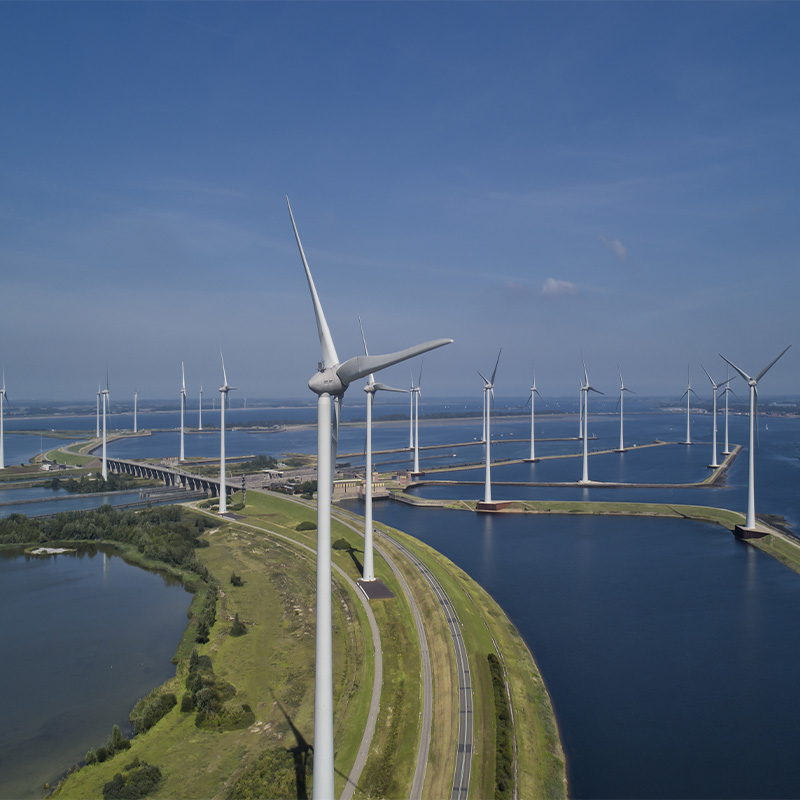
PPAs and Guilty Pleasures
PPAs and Guilty Pleasures
By Andrew Green, Head of Energy Solutions, andrew@greenrecruitmentcompany.com
In recent years, self-denial has become one of the more significant responses to consumerism. Popular culture regularly promotes initiatives to help people give up hazardous personal habits through events such as Dry January or Stoptober, or to engage with wider issues through the medium of Veganuary and that’s before you get to older traditions like Lent. This individual response to consumption is important, as a planet we all need to consume less, but for most people these periods of self-denial are temporary, so instead I want to ask a different question; how good are the things we give up are at giving something up themselves? In this blog I want to explore the progress that two of our vices/indulgences (chocolate and alcohol) are making in giving up fossil fuels and switching to clean energy.
Chocolate and the Sun, historically poor companions
Many a sad childhood memory will remember the dismay of melted chocolate in the summer sun. It is perhaps a promising sign for the future that these old rivals are collaborating to reduce emissions in the confectionary sector. Last year Mondelēz International signed a Corporate PPA with Enel Green Power for 65MW of Solar in Texas, Mars went 100% renewable in Australia, a couple of years ago Butlers Chocolates in Dublin acquired one of the largest rooftop solar schemes in Ireland via a PPA. In general the confectionary sector has been an eager advocate of corporate PPAs, recently Hershey in the USA went a step further launching an attack on current electricity pricing in the country because rules favour fossil fuels and supress renewable energy incentives.
Alcohol ends Absinthe’s monopoly on being green
The alcohol industry has been aggressive in its pursuit of renewable energy power purchase agreements. InBev the brewer of Budweiser has just signed Europe’s largest solar PPA in Spain, coming hot on the heels of a series of other major deals including the UK’s largest subsidy free solar corporate PPA, creating a deal for UK pubs to purchase green energy, and commitments to 100% renewable energy in the USA and Canada. InBev aren’t alone amongst beer brewers however, both Heineken and Anheuser-Busch have agreed major PPAs to secure their access to renewable energy.
The wine industry has often played host to wind turbines in its vineyards, but has been slow mover on PPAs. Pernod Ricard became the first wine maker in Australia to switch to 100% renewable energy through a mix of winery based solar and a long term PPA. Greater change is coming to the wine industry through cooperation between wineries, last year saw the formation of International Wineries for Climate Action (IWCA) which has gained new members rapidly and promotes both sustainability and renewable energy consumption.
Away from the PPA space, in 2019 Diageo committed £180m toward building solar, biomass and water recovery facilities for all 11 of its facilities in Kenya, Uganda, Tanzania, South Africa, the Seychelles, Nigeria and Ghana.
Is it just Greenwashing?
It is easy to be sceptical about any corporate body pursuing green activities. In response to recent fires in Australia, Greenpeace created a tracker for 80 companies and reporting on their transition to 100% renewable energy, that’s at the organised end of social pressure on corporations, there is however a vast ground swell globally amongst consumers for better environmental performance from firms they buy from. Ultimately successful firms make what they can sell and green products will sell. So at worst this is corporations doing the right thing for the wrong reasons, but in reality confectioners and brewers are amongst some of the earliest corporate adopters of renewables, it is reasonable to think they are relatively sincere.
So which is best Chocolate or Alcohol?
This blog has focused on the renewables aspect and specifically PPAs, there are however wider sustainability issues with all industries to consider. As to whether chocolate is better than alcohol or vice versa, it’s very much a personal choice but to return to an earlier theme, consuming a bit less of each is probably best.
